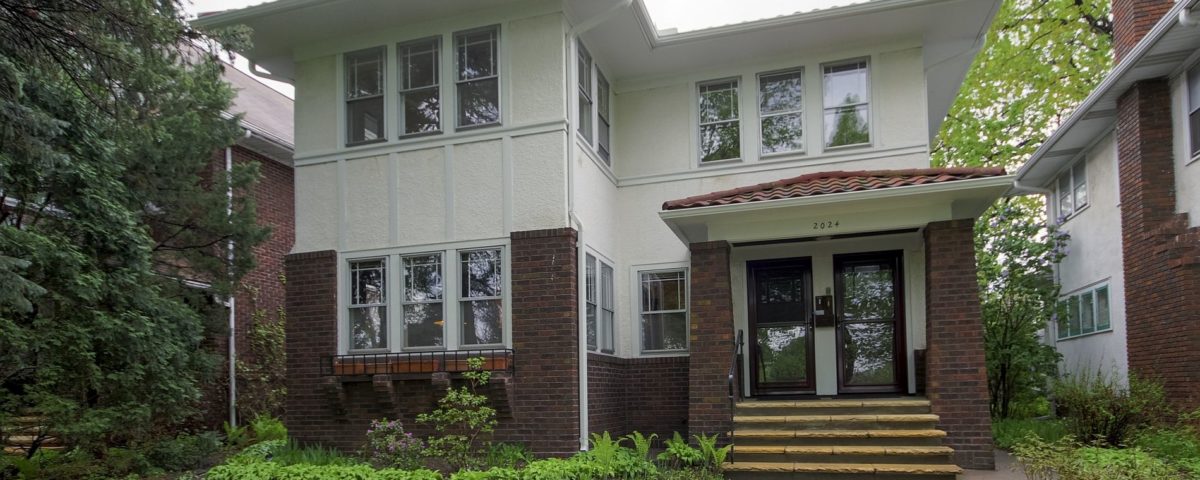Between the media hype and collective scar tissue from the Great Recession, many would-be real estate investors find themselves sitting on the sidelines waiting for the moment when Minneapolis duplex prices crash to 2011 prices.
We may be waiting a long time.
I have yet to hear one of the world’s leading economists forecast a repeat of 2008. (Of course, they didn’t predict that crash either, so take it for what it’s worth.)
Also, remember, just because we’re in a tight real estate market, there are still great deals out there. They are simply harder to find.
So what should you be doing to keep yourself from going crazy while you’re waiting and looking?
Here are 10 things you can work on now so you’re ready when you find a great deal:
- Pay off credit card debt. Nothing new here. It’s a good practice in every economic cycle. You will not only save a ton of interest, perhaps more importantly, you may increase your credit score. This, in turn, may help you obtain better financing options when you ultimately find a deal.
- Save your money. We all know how important it is to save money for a rainy day and down payments. Focusing on increasing the amount we save now may not require taking drastic austerity measures. Simply review and track where your money goes every month. Do you have recurring charges for subscriptions you don’t use and wouldn’t miss if you canceled? Could you save money by shopping for better rates on homeowners and car insurance?
- Refinance your home or rental properties. By now, it’s likely we’ve all refinanced our long-term debt into lower interest rates. Nonetheless, it’s always worth seeing if there are better rate or terms available.
- Refinance or obtain a Home Equity Line of Credit (HELOC). One of the benefits of an appreciating real estate market is the value of property you own has likely gone up. This may result in having equity available which you can tap into via a HELOC or full out refinance. While it may be tempting to use this line to consolidate debt or remodel a kitchen, a better strategy may be to obtain it, then leave it alone. Banks tend to reduce or restrict these lines in the midst of a real estate shift. They can’t, however, change the amount you owe. One strategy many investors use is to withdraw the equity when it’s clear the market is shifting and put the cash into savings to keep the bank from restricting it. That way, investors have cash available for purchases. If a time comes when they are no longer comfortable with the debt, it can be immediately paid off.
- Convert your 401k/IRA to a self-directed 401k or IRA. If you have a traditional 401k or IRA, you may be able to use it to invest in commodities like gold and silver or even real estate. You may even borrow money from it for renovation costs. To do so, have it converted to what’s known as a self-directed 401k or IRA. The IRS requires you to have a qualified custodian or trustee named as administrator and there are companies like My Solo 401k who can guide you through the conversion and serve as custodian of the fund. There are additional rules and restrictions on these accounts, so it’s important you work with a company that specializes in them.
- Talk to a banker about opening a line of credit. Depending on your circumstances and relationship with a lender, you may be able to obtain a personal line of credit. Having one doesn’t mean you have to use it, so like a HELOC, get it and leave it alone until an opportunity presents itself.
- Talk to friends and family. Everybody is interested in real estate. Talk to the people you know and love. You may discover they would be interested in partnering in property.
- Practice. If you don’t know how to do something, connect with other investors via Meetup groups, attending events put on by local real estate clubs like the Minnesota Multifamily Housing Association, Minnesota Real Estate Exchangers and Minnesota Real Estate Investors Association. Analyze deals on a regular basis so you know immediately when you find it.
- Connect With Realtors Who Specialize. Not every Realtor specializes in investment property. It’s important you work with someone who does. Ask not only how many investment properties they own or have owned, but also, to provide a list of those they’ve sold. I’d be happy to share mine.
- Listen and read. Whether you’re brand new to real estate investing, or have decades of experience, there’s always something to learn. Podcasts like those from Bigger Pockets and Real Estate InvesHER are good places to start. Check out real estate books mentioned on the podcasts. And even revisit favorite real estate books like “Rich Dad, Poor Dad” by Robert Kiyosaki or “The Millionaire Real Estate Investor” by Gary Keller and Jay Papasan. No matter what, never, ever pay tens of thousands of dollars for a real estate seminar or to an investment guru. An experienced investment property Realtor will be happy to help you learn, as will members of credible networking groups and online member forums.
I’d be happy to help you learn or connect you with resources that can help you be ready when hard work and preparation result in opportunity knocking on your door.


